Supreme Court issues notice to check any 66A Cases #RightToMeme #Section66A
| Jan. 7, 2019
Highlights
- Declared unconstitutional: Section 66A which was routinely abused to prosecute people for online posts was declared unconstitutional by the Supreme Court in March, 2015
-
No fresh 66A cases: This meant that all Section 66A, old ones, existing ones, and fresh ones would stop. This provision could not be used.
-
But 66A is still used: As per an empirical study conducted in October by IFF it was shown that fresh 66A cases were still being registered.
-
PUCL goes to Court: Due to growing concern on the impact of internet users and their freedom of speech and also due to undermining a court judgement PUCL went to Supreme Court asking for further directions to ensure all 66A cases stop and fresh ones are not registered.
Background
On 31.10.2018, we had released a paper discussing a peculiar phenomenon obtaining in Indian law - the persistence of legal zombies: Statutory provisions that have been declared unconstitutional by the Supreme Court but which continue to haunt our statute books.
Our diving board was the fact that despite Section 66A of the Information Technology Act 2000 having been struck down as unconstitutional in 2015, persons have continued to be prosecuted under that provision. We argued that this was not simply because the executive branch was openly flouting constitutional norms and committing contempt of court, but rather, because of deeper institutional problems which resulted in judicial decisions not reaching state actors at the ground level. Even after this study was conduced numerous cases of subsequent Section 66A cases came to light in the media.
As we indicated we reached out to the People's Union for Civil Liberties (PUCL) who were one of the leading petitioners in the batch of cases challenging Section 66A and which lead to the decision in Shreya Singhal v. Union of India.
Today's hearing in the Supreme Court
Today, i.e. Jan. 7, 2019 an application filed by PUCL sought further directions from the Hon’ble Supreme Court. The prayers in this application are:
“(a) Direct Respondent No. 1 to ensure full compliance immediately with the judgment and final order dated 24.03.2015 in Shreya Singhal v. Union of India, reported as (2015) 5 SCC 1 through issuance of appropriate circulars / advisories addressed to the Chief Secretaries of all States and Union Territories, and the Director Generals of Police of all States and Union Territories, or equivalent officers thereof;
(b) Direct the Supreme Court Registry to dispatch a copy of the judgment and final order dated 24.03.2015 in Shreya Singhal v. Union of India, reported as (2015) 5 SCC 1, to all High Courts to pass appropriate orders in pending cases concerning Section 66A of the IT Act as well appropriate circulars, bringing the Shreya Singhal judgement to the notice of all district courts within their jurisdiction to prevent failures of justice;
(c) Direct Respondent No. 1 to collect and furnish data for all prosecutions invoking Section 66A after 24.03.2015 before this Hon’ble Court in order to secure compliance with the Shreya Singhal Judgement;”
This case registered as MA 3220/2018 in W.P. (Crl.) No. 199/2013 was argued by Mr. Sanjay Parikh, Advocate who was assisted by Advocates Sanjana Srikumar; Abhinav Sekhri; Apar Gupta and C. Ramesh Kumar, Advocate on Record before Court No. 6 in the Supreme Court of India before a bench of Hon'ble Justices Mr. Rohinton Nariman and Mr. Vineet Saran. The Hon'ble Court noting the seriousness of the matter issued notice and directed the Union Government who entered appearance to file a counter affidavit within 4 weeks and a further 1 week was granted for a rejoinder. We await for a confirmation on this through the court order which will become available towards the evening.
IFF hopes that press reports about this case help prevent any further Section 66A proceedings during the pendency of proceedings. This is an unconstitutional provision - no past, present or future 66A should exist in the criminal justice system.
IFF's role in the proceedings
IFF has not only supported research that provides a studied basis to reliefs sought in court but through its executive director appeared in the case and assisted PUCL in management and work execution. As indicated before IFF will continue to engage with courts for public outcomes on digital rights. We will collaborate, support and work with other organisations, groups and collectives. We continue to urge people to support PUCL by signing on and becoming its members and making donations to them.
If you like our work, want us to do more to support digital rights in India, please do consider making a donation.
Document links
-
Sekhri, Abhinav and Gupta, Apar, Section 66A and Other Legal Zombies (October 31, 2018). IFF Working Paper No. 2/2018. . Available at SSRN: https://ssrn.com/abstract=3275893 or http://dx.doi.org/10.2139/ssrn.3275893
-
Please also refer to our previous blogposts, announcing the study, and then an update on a change in the text of the Information Technology Act.
-
Web copy of 3220/2018 for ease of readability.
About us
-
Work: The Internet Freedom Foundation (IFF) is a civil liberties non-profit working on technology and fundamental rights. We work across a wide spectrum, with expertise in free speech, digital surveillance and privacy, net neutrality and innovation to champion of human freedom in the digital space. To ensure that people in the world's largest democracy use the internet with liberty guaranteed under the Constitution of India.
-
Transparency: We are a non-profit registered under Section 80G of the Income Tax Act. Aimed towards greater accountability to our donors who are ordinary internet users in India like you we have published detailed financial information that is updated regularly.
Donate right now! We advocate and represent internet users in India. Like you!



